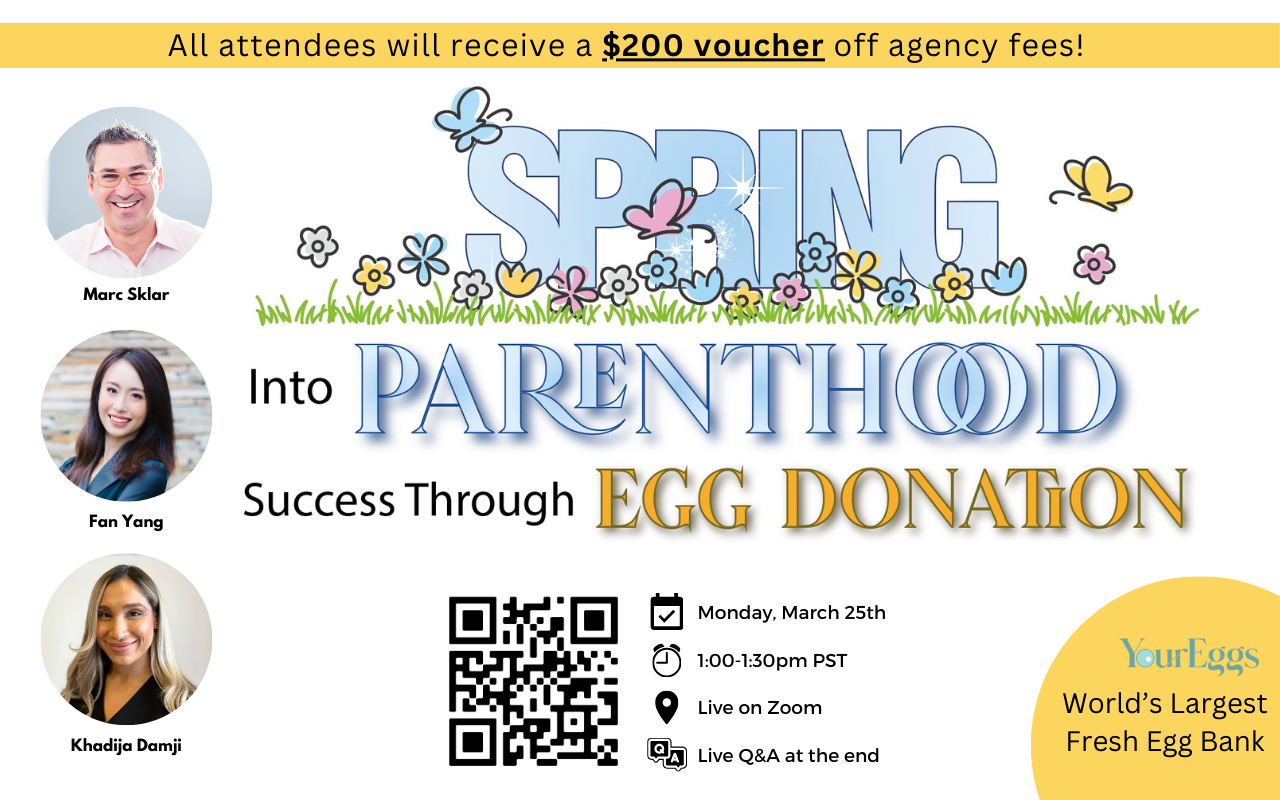In a fresh cycle, the donor’s egg retrieval is coordinated in real time with the intended parent’s or gestational carrier’s cycle. This means both parties undergo synchronized medical protocols so that once the eggs are retrieved, they can be fertilized immediately with sperm and the resulting embryos transferred fresh or frozen for later use.
Steps in a Fresh Cycle:
- Matching – The donor is selected by the intended parents.
- Screening – Comprehensive medical, psychological, and genetic testing.
- Cycle Synchronization – Hormone therapy to align the donor’s cycle with the recipient’s.
- Ovarian Stimulation – Daily injections to encourage multiple eggs to mature.
- Egg Retrieval – Performed under light sedation in a short outpatient procedure.
Timeline:
From the moment a match is made, a fresh cycle typically takes 2–3 months to complete. Most of this time is spent on screening, synchronization, and stimulation before the retrieval.
Frozen Egg Donation Cycles
With frozen eggs, the eggs have already been retrieved from the donor, vitrified (frozen), and stored in YourEggs’ state-of-the-art facilities. Intended parents can select eggs from our diverse donor database and move forward without needing to coordinate cycles with the donor.
Steps in a Frozen Cycle:
- Selection – Intended parents choose a donor’s frozen eggs from the database.
- Egg Thawing – Eggs are carefully warmed in the lab when ready for fertilization.
- Fertilization & Embryo Transfer – Embryos are created and transferred fresh or frozen for later transfer.
Timeline:
A frozen cycle is generally much faster — in some cases just a few weeks from selection to embryo transfer. This is an excellent option for families looking for flexibility or a shorter time frame.
Which Option is Right for You?
- Fresh cycles can yield a higher number of eggs in one retrieval, and often provide a wider selection of active donors to choose from. They also allow for immediate fertilization.
- Frozen cycles offer speed, convenience, and flexibility, especially for those who want to avoid the wait for donor synchronization.
At YourEggs, we guide donors and intended parents through both options with exceptional care, advanced science, and a focus on success.
Start Your Journey with YourEggs Today
Whether you’re ready to donate eggs or searching for your perfect match, our team is here to make the process smooth, transparent, and rewarding.





